We share hands-on advice for everyday trade and logistics challenges. Access insights and actionable strategies that drive certainty, continuity, and compliance across your operations.
Customs bonded warehouse activities that are allowed for imported goods
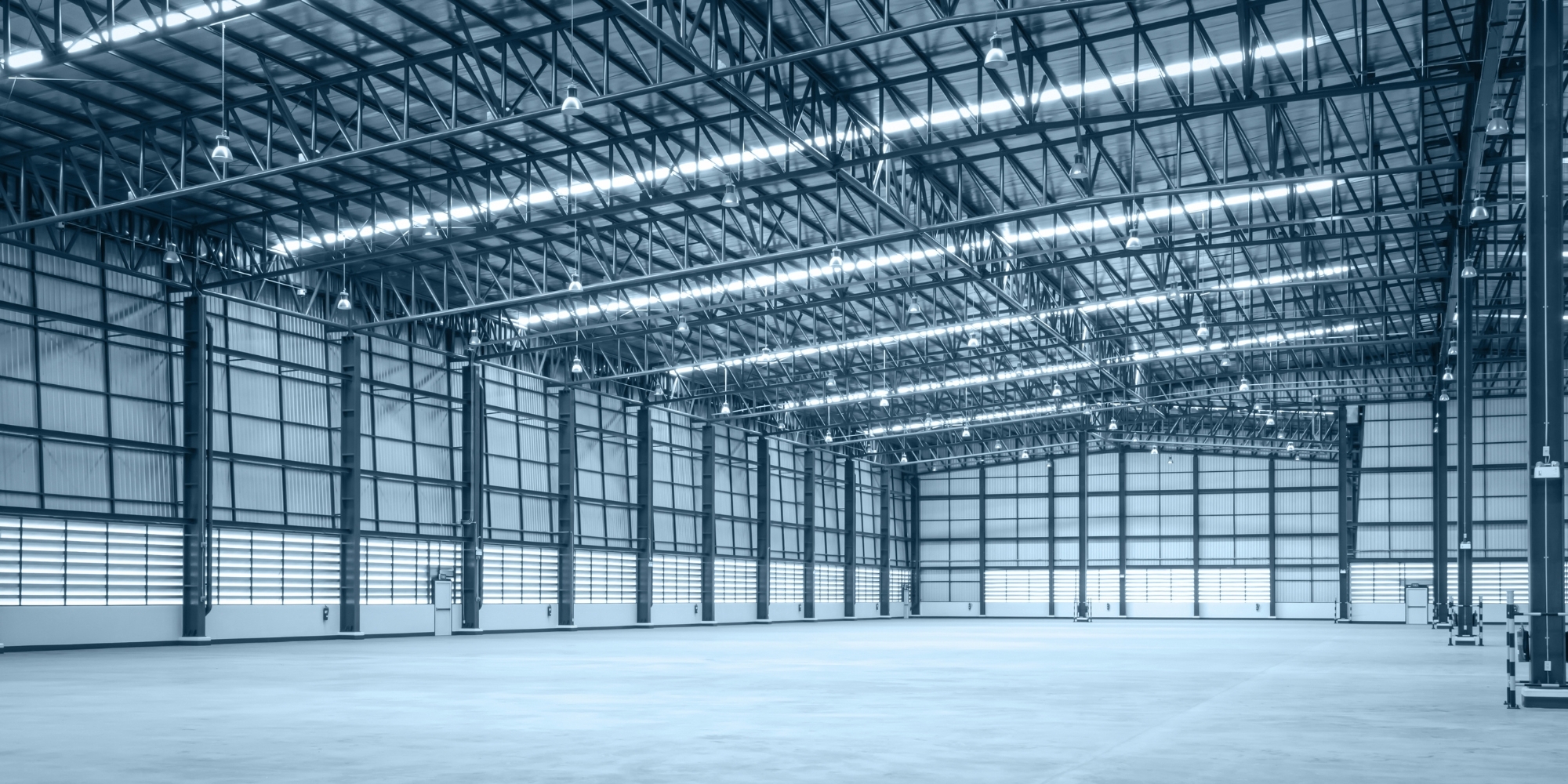
What you do with your goods while they are in a customs bonded warehouse matters, and staying within the allowed activities helps you avoid issues.
7 logistics essentials for ecommerce
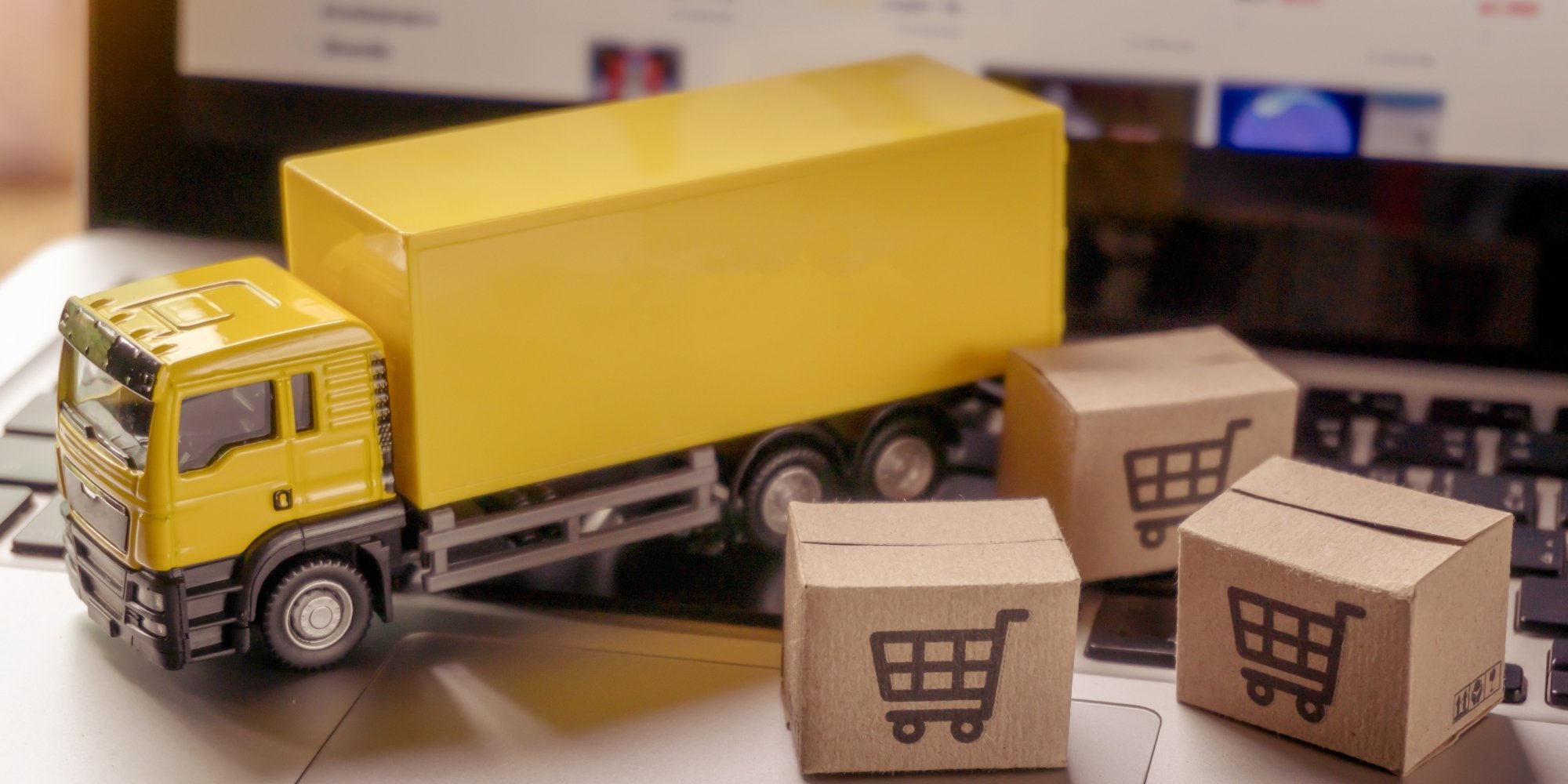
Logistics for e-commerce demands a quick response to customer expectations. Fast and predictable delivery of goods purchased online is key to maintaining customer relationships.
How successful importers prepare for the 2026 Chinese New Year
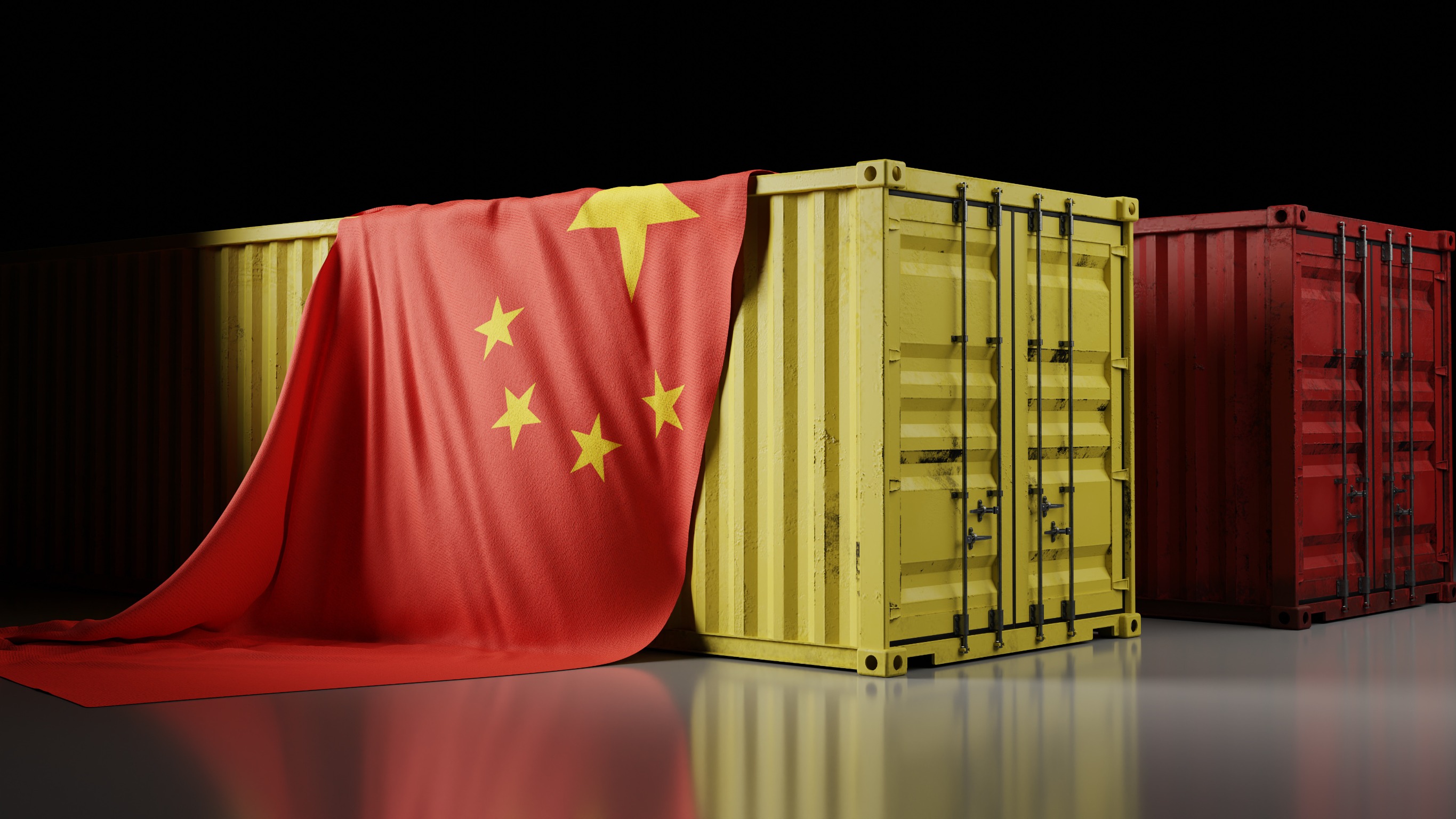
The most successful importers prepare for Chinese New Year weeks in advance. By planning production, transportation, and inventory, you can keep your goods moving with minimal disruption.
Preparing for shipping disruptions: causes, impacts, and recovery strategies
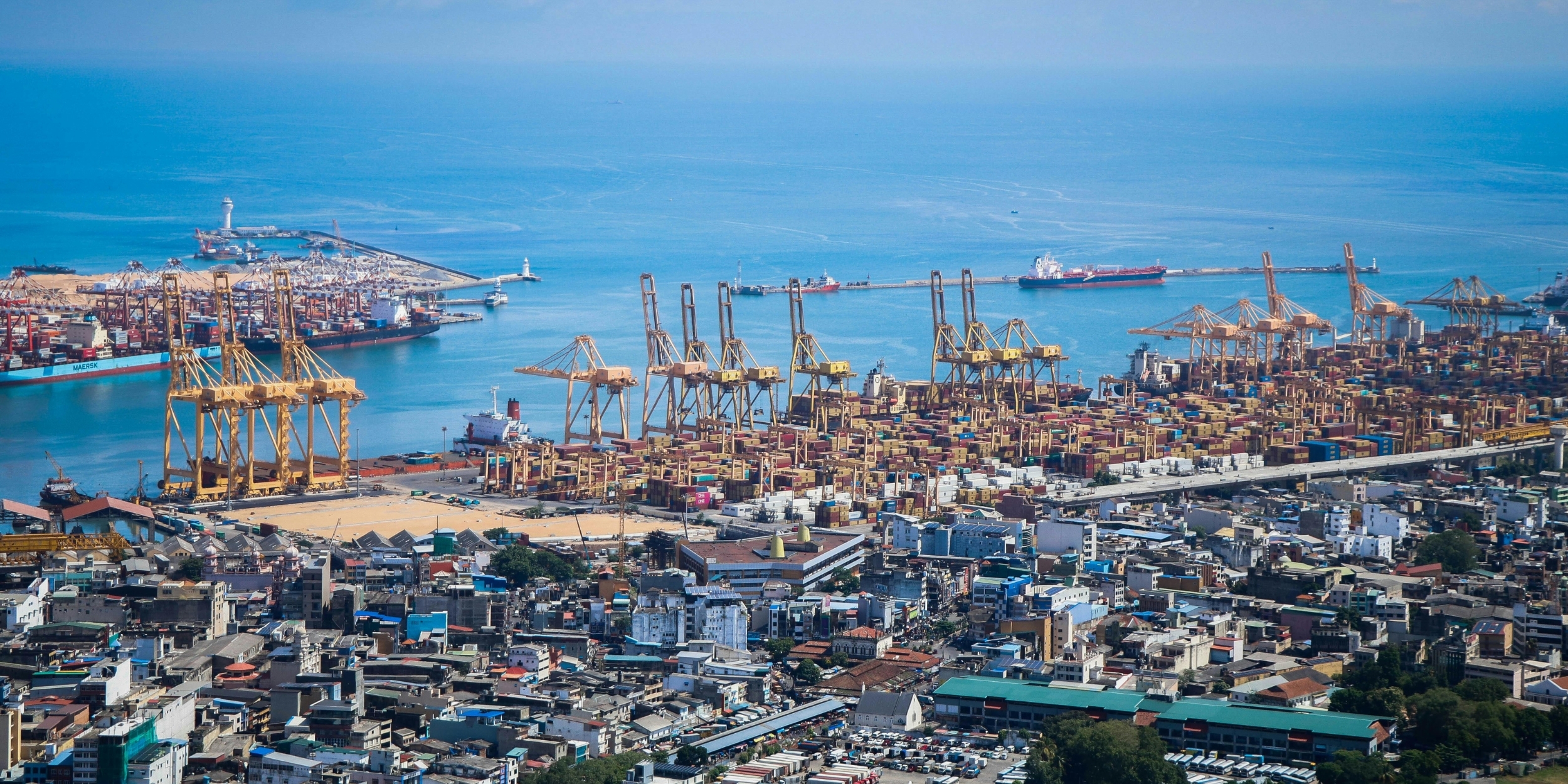
Disruptions are an unfortunate reality in shipping and logistics. From port congestion to extreme weather, even a small delay can ripple through entire supply chains.
7 logistics essentials for agriculture

Importing agricultural products into Canada is a heavily regulated business. Whether you’re moving seeds, grains, fresh produce, or farm machinery, every shipment must comply with a variety of laws and procedures.
Celebrating International Customs Day 2026: Protecting society through vigilance and commitment
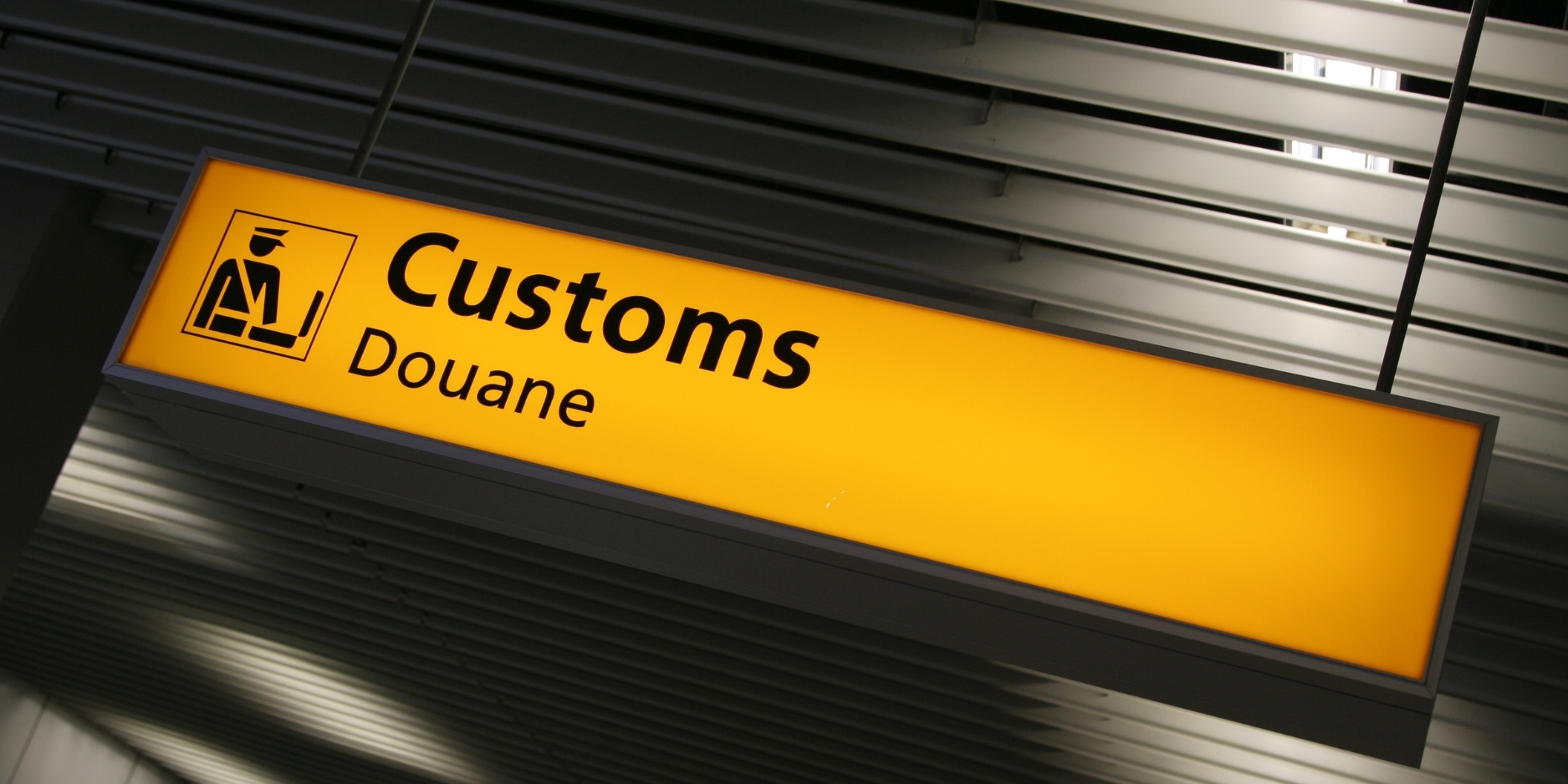
Customs plays a far bigger role in global trade than many people realize. International Customs Day is the day when their work is recognized and celebrated.
How Canadian importers can adapt to changing customs regulations
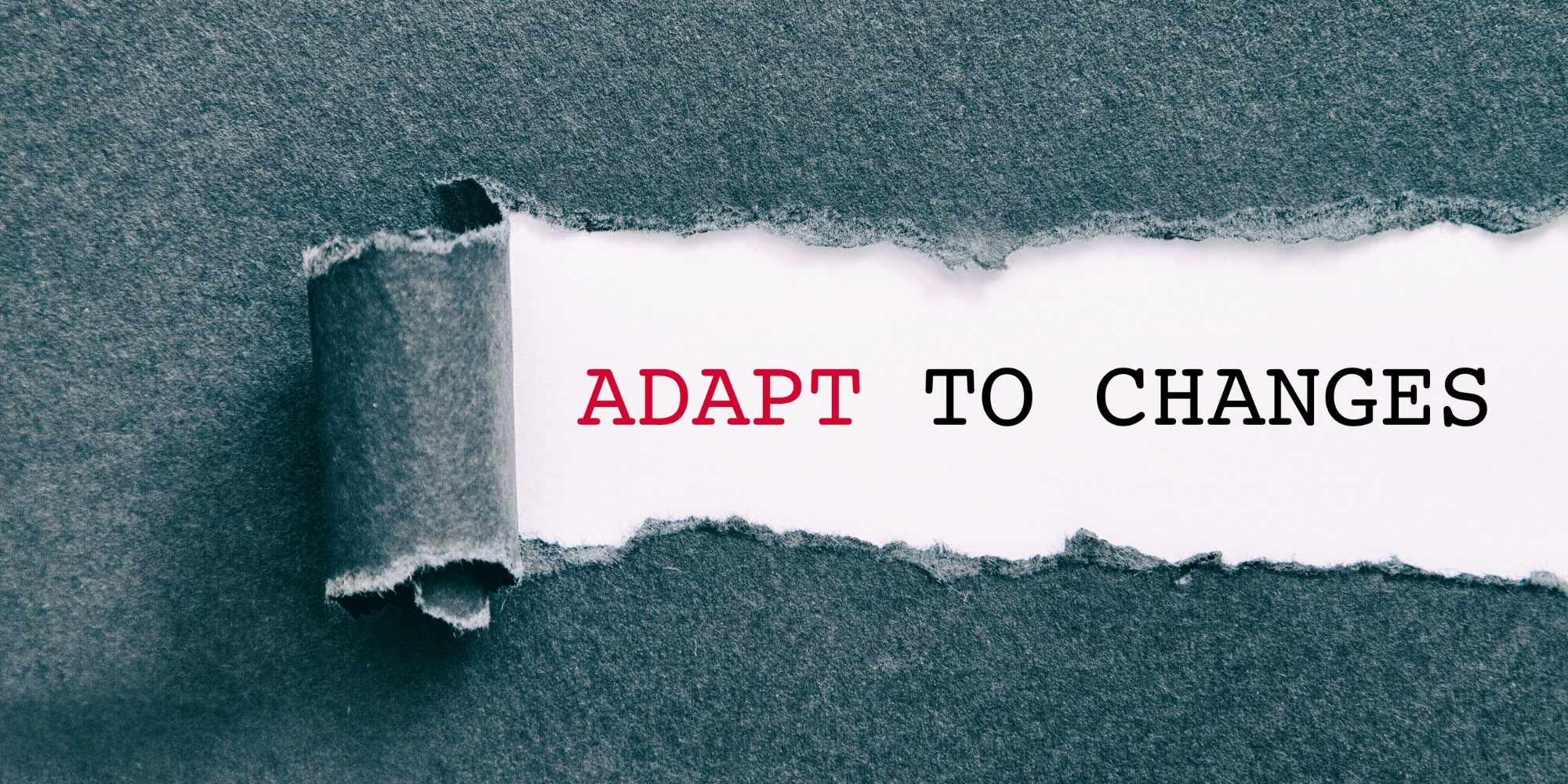
Changing customs regulations, trade agreements, and compliance requirements can happen quickly. Failing to adapt can lead to delays, unexpected costs, and avoidable penalties.
Bi-weekly Freight Updates - January: latest news and updates on the worldwide supply chain
.jpg)
The worldwide supply chain is constantly changing. As we continue dealing with the fallout of pandemic-related supply chain issues, fluctuations in prices, labour disruptions, logistic delays, and port congestion persist. We provide you with freight updates that include some of the latest industry news, helping to.
CBSA Verification Priorities - January 2026
.jpg)
Updated frequently, these priorities indicate where customs authorities are concentrating their compliance efforts. They help importers understand which goods or practices may attract closer scrutiny.
7 ways Canadian importers reduce risk when ordering overseas
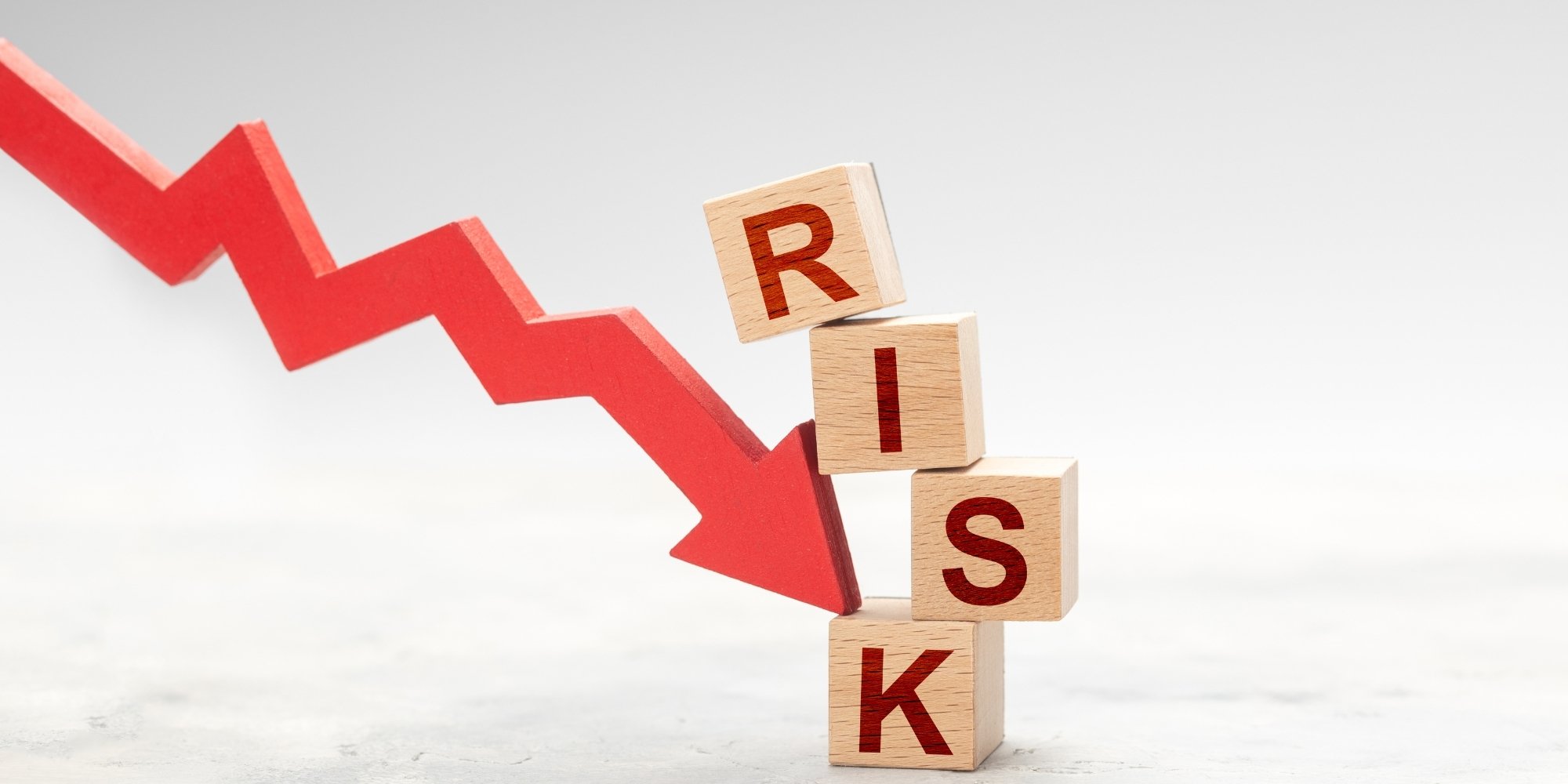
Canadian importers order overseas and source internationally to access opportunities, expand product availability, and acquire goods not available locally. Leveraging global markets can significantly reduce per-unit costs and create a competitive advantage.
